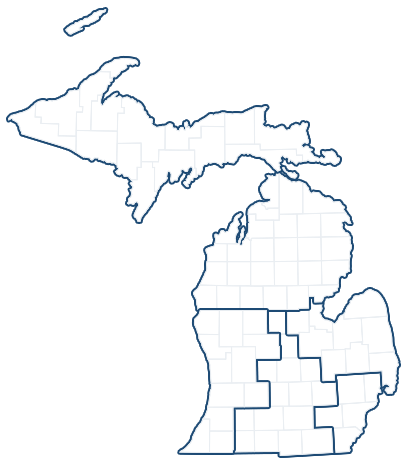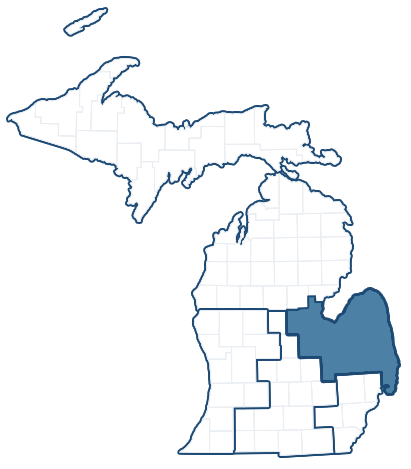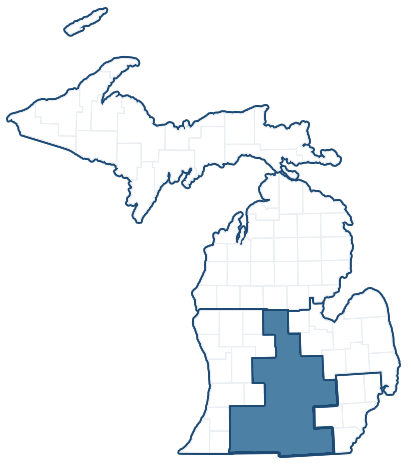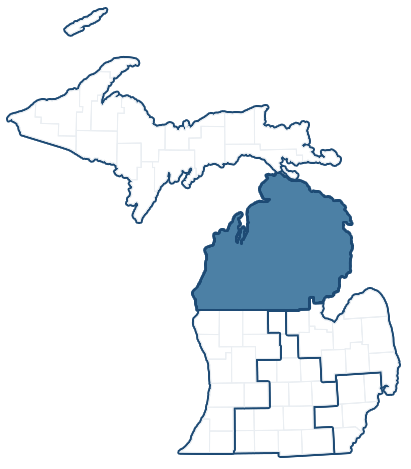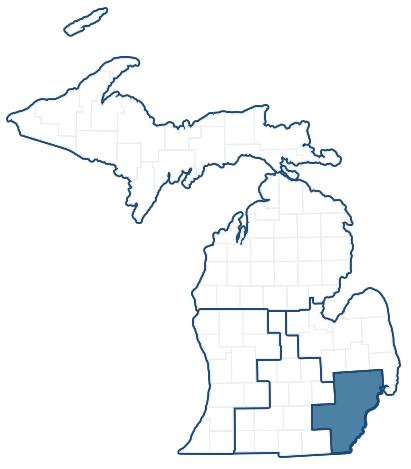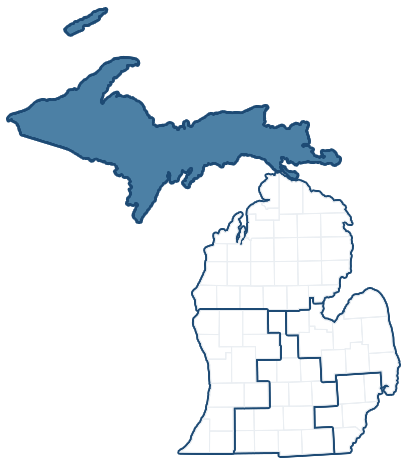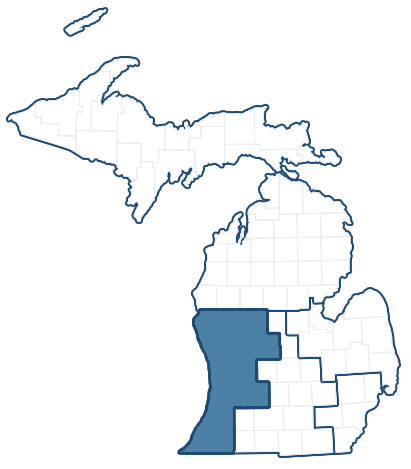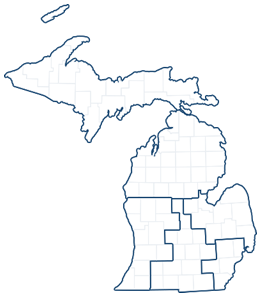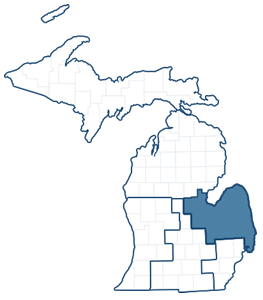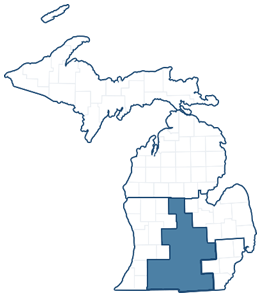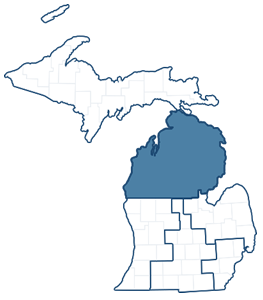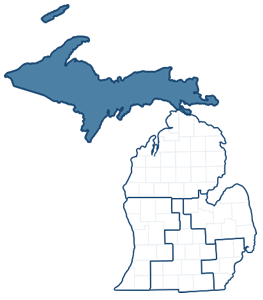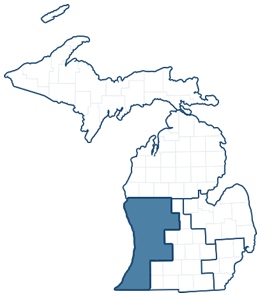U.S. Senators Stabenow, Peters, Donnelly Highlight $13.6M Public/Private Investment in St. Joseph Watershed
Monday, February 16, 2015U.S. Senators Debbie Stabenow (D-MI), Gary Peters (D-MI), and Joe Donnelly (D-IN) visited Pier 33 Marina in St. Joseph today to highlight a historic $6.8 million public investment that will be matched by a $6.8 million private sector investment to improve water quality in the St. Joseph Watershed, the third-largest River Basin of Lake Michigan. The Senators were joined by state and local partners from Michigan and Indiana to discuss how the new St. Joseph Watershed Conservation Partnership will help farmers improve soil quality, water quality, and wildlife habitat in the watershed.
"The St. Joseph Watershed Conservation Partnership, along with other recently funded Michigan partnerships, is one of the largest commitments ever made to water quality in the Great Lakes," said Senator Stabenow. "This innovative project is truly driven by local farmers and partners, from Michigan and Indiana, who have the most at stake when it comes to taking care of our land and water. Working together, this partnership will protect the St. Joseph Watershed for families, boaters, hunters and anglers to enjoy."
"The St. Joseph Watershed Conservation Partnership will give farmers the tools and resources they need to better protect our land and water while improving the quality of their fields," said Senator Peters. "This is a smart, forward-thinking partnership program, because a growing, thriving economy for Michigan goes hand in hand with a healthy, safe environment."
"Hoosier farmers and producers are leaders in preserving the quality of our lands and waters, and I am proud to support them through my work on the Senate Agriculture Committee," Senator Donnelly said. "The 2014 Farm Bill advanced efforts to ensure our landowners have the tools they need to keep our waters clean, and the RCPP-funded projects such as this one, investing in the St. Joseph Watershed stretching through Indiana and Michigan are a welcome addition. This is a win for farmers to further improve their soil and water quality, and it is an efficient investment to help with water treatment for drinking water. Today, I was pleased to join Senators Debbie Stabenow and Gary Peters, along with our Indiana and Michigan partners, to discuss the local impact of these projects."
"This money to support new conservation practices goes directly to farmers who are committed to implementing best management practices to safeguard our water resources. This grant leveraged MDARD, the conservation districts and other partners to provide education and technical services as farmers continue to work hard to protect these key watersheds," said Jamie Clover Adams, Director, Michigan Department of Agriculture and Rural Development. "Michigan's ability to match the USDA-NRCS grants with our Groundwater/Freshwater Fund was critical to drawing this additional federal investment into the St. Joseph community."
"Indiana is excited to be part of this groundbreaking initiative that allows public and private entities to work together in effort to expand federal, state and local conservation programs," said Jennifer Thum, Indiana State Department of Agriculture, Division of Soil Conservation. "These projects will play an extremely important role in demonstrating water quality practices and encouraging additional farmer adoption so we can continue to make our water cleaner. Indiana is looking forward to turning these funds into more boots on the ground and more conservation practices into the fields."
Over 70 percent of the St. Joseph River is in agricultural use, stretching 210 miles through Michigan and Indiana and covering 15 counties before emptying into Lake Michigan at St. Joseph. The St. Joseph Watershed Conservation Partnership will offer farmers financial and technical assistance to access conservation tools that improve productivity in the field and reduce excessive sediment and nutrients in the St. Joseph River. The Michigan Department of Agriculture and Rural Development will partner with the Indiana Department of Natural Resources and over 30 local organizations on the project.
Support for this project comes through the Regional Conservation Partnership Program, which was created by Sen. Stabenow's 2014 Farm Bill. Over $40 million will support projects across Michigan and the Great Lakes region that invest in clean water, soil, and wildlife conservation. Each project was designed by dozens of local partners including businesses, non-profits, universities, and federal, state, and local governments. Partners are required to match federal funding, effectively doubling the federal investment.
Next Article Previous Article



